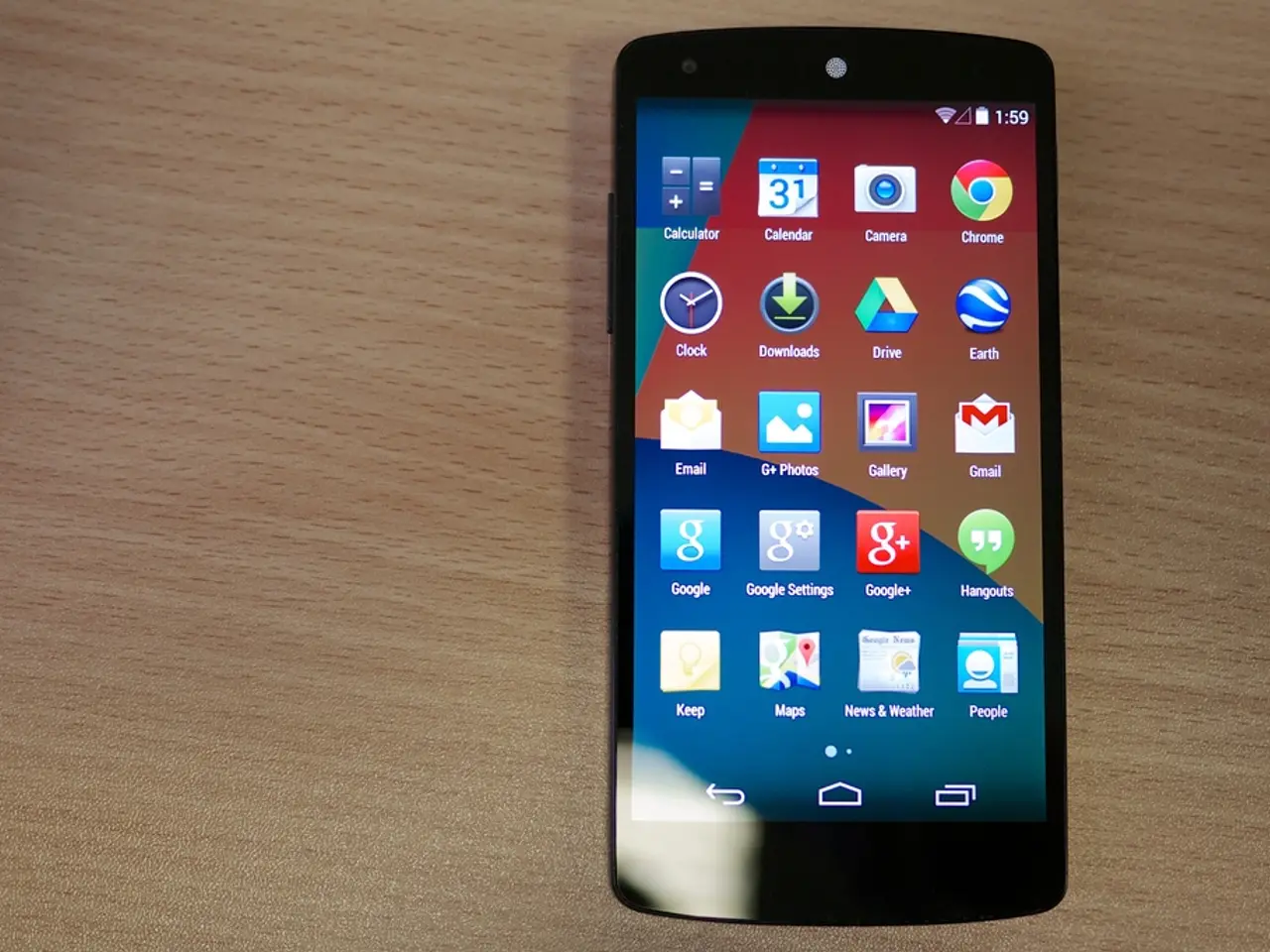"Transforming Your Drupal Site into a Mobile App: A 2025 Handbook"
In the realm of mobile app development, two distinct approaches have emerged: Drupal app development and traditional native mobile app development for Android and iOS. Each method boasts its own unique advantages and disadvantages, and understanding these differences is essential for choosing the right approach for your project.
### Development Approach and Technology
Drupal app development primarily adopts a web-based approach, utilising PHP, Drupal CMS, and API-driven architectures like REST and GraphQL to build the backend and expose content/services to apps or Progressive Web Apps (PWAs) frontends. In contrast, native mobile app development is platform-specific, relying on Kotlin/Java for Android and Swift/Objective-C for iOS.
### Performance and User Experience
Native apps offer seamless performance with direct access to device hardware, sensors, and system APIs, resulting in faster load times, smoother animations, and optimized battery efficiency. Drupal-based apps, especially when implemented as PWAs or hybrid apps, typically cannot match native performance due to limitations in accessing device-level features.
### UI/UX Design
Native development allows platform-specific UI/UX tailored precisely for Android and iOS design guidelines, enhancing user familiarity and engagement. Drupal apps serving as PWAs or hybrid apps may offer a consistent UI across platforms but can lack the polished and highly responsive experience native apps provide.
### Development Speed, Cost, and Maintenance
Drupal development, particularly for backend content management and API provisioning, is often faster and cheaper to deploy across platforms since it can reuse a single backend and frontend codebase. Native app development demands more time and higher cost due to maintaining separate codebases for Android and iOS, as well as requiring expertise in multiple technologies.
### Use Cases
Drupal app development is ideal when content management, rapid iteration, integration with enterprise data, and multi-channel content delivery are priorities, especially if a web presence is also important. Native apps are better suited for applications demanding high performance, advanced device integrations, offline capabilities, and polished platform-specific user experiences.
In conclusion, Drupal app development and native mobile development each offer unique benefits and drawbacks. The choice between the two depends on your project’s goals, budget, and required device capabilities. For businesses seeking a quick, cost-effective solution with a strong focus on content management, Drupal app development may be the ideal choice. However, for performance-critical apps demanding advanced mobile features, native app development is the preferred option.
Custom app development can be achieved through Drupal app development, which leverages PHP, Drupal CMS, and API-driven technologies to create apps that can deliver content and services. On the other hand, no-code app builders might not provide the same level of technology and personalized solutions that traditional, platform-specific native app development offers using Kotlin/Java for Android and Swift/Objective-C for iOS.




